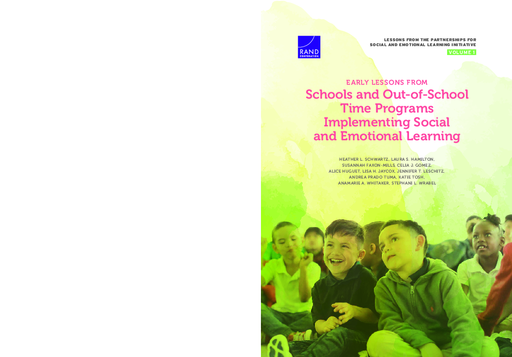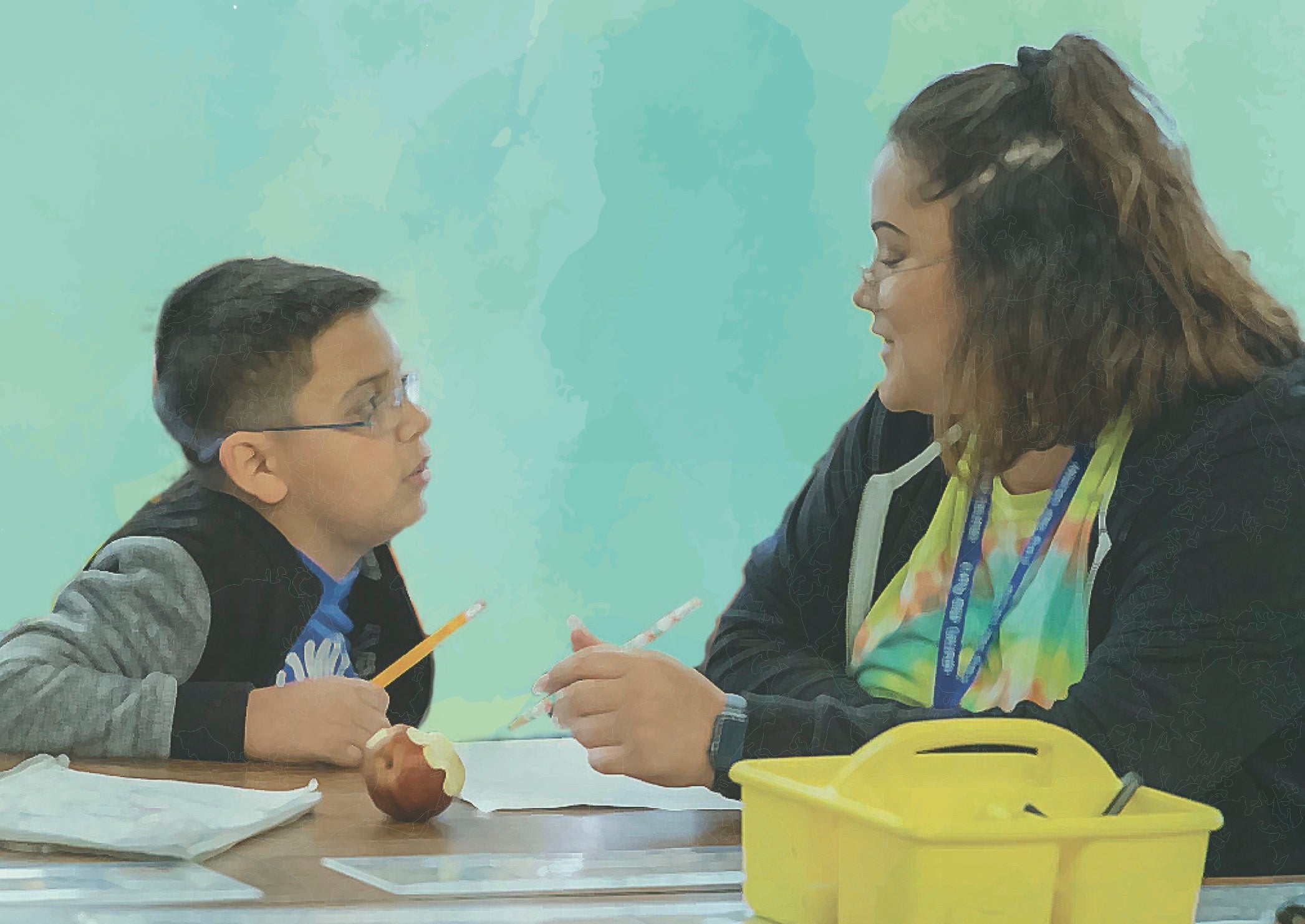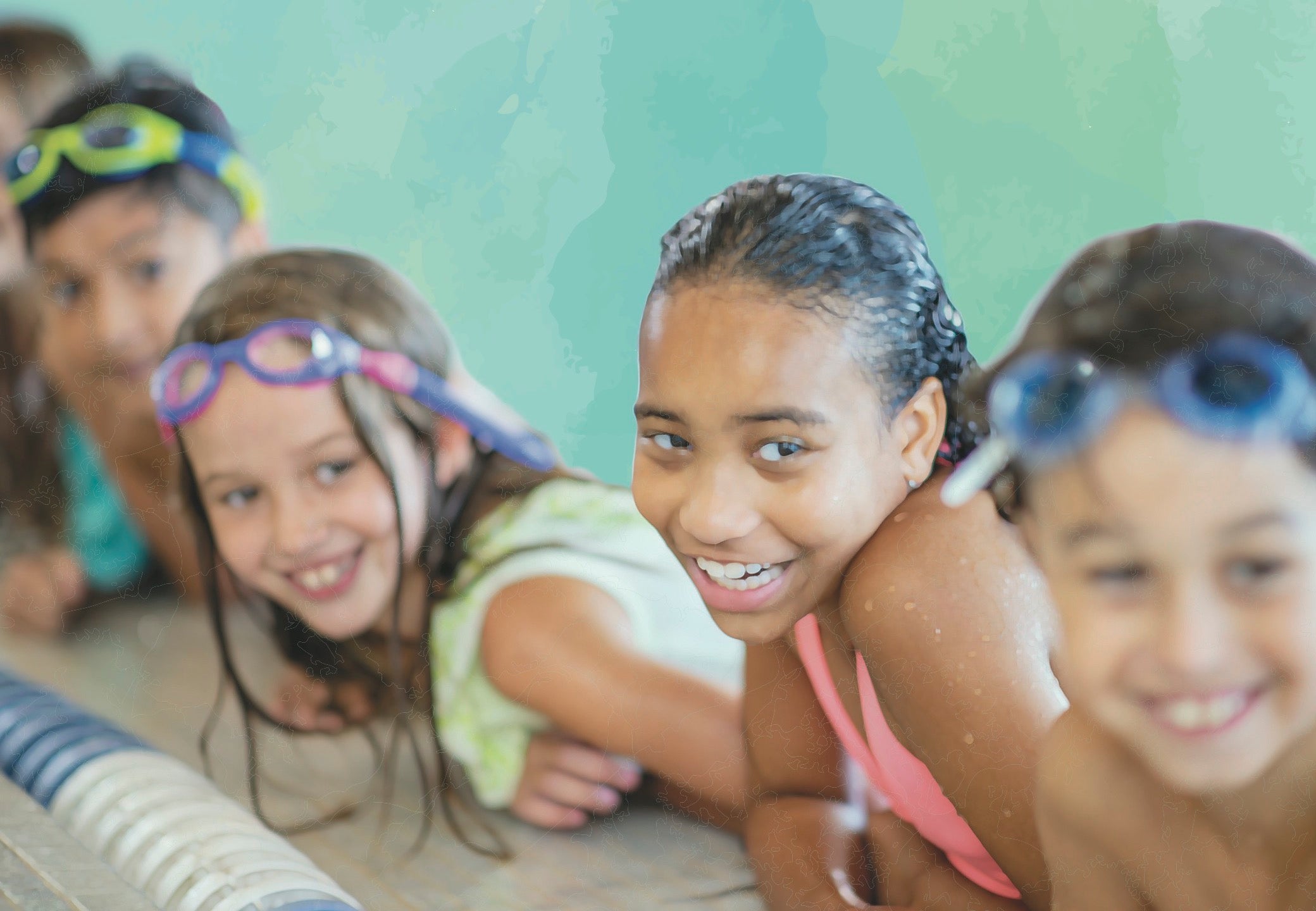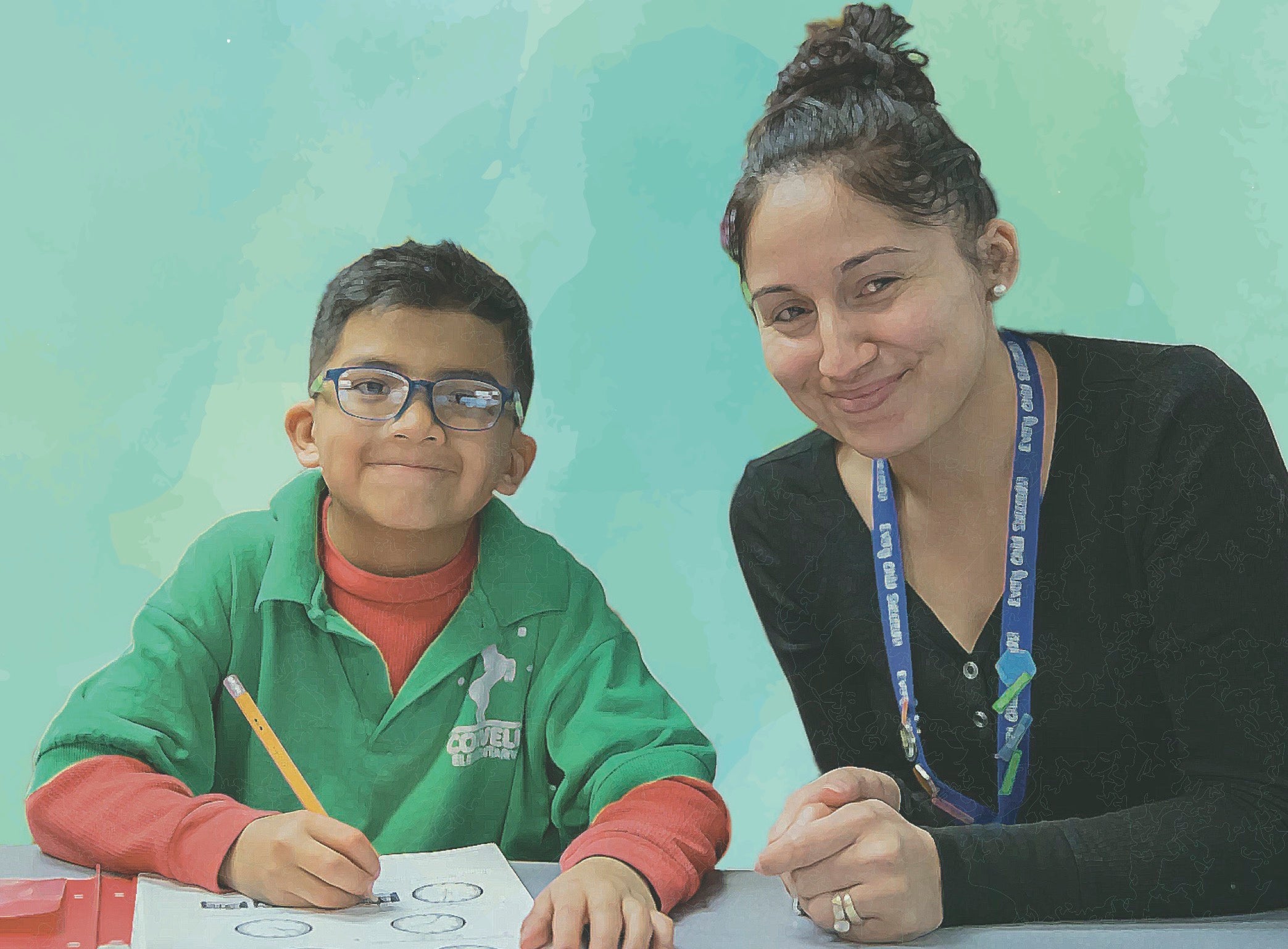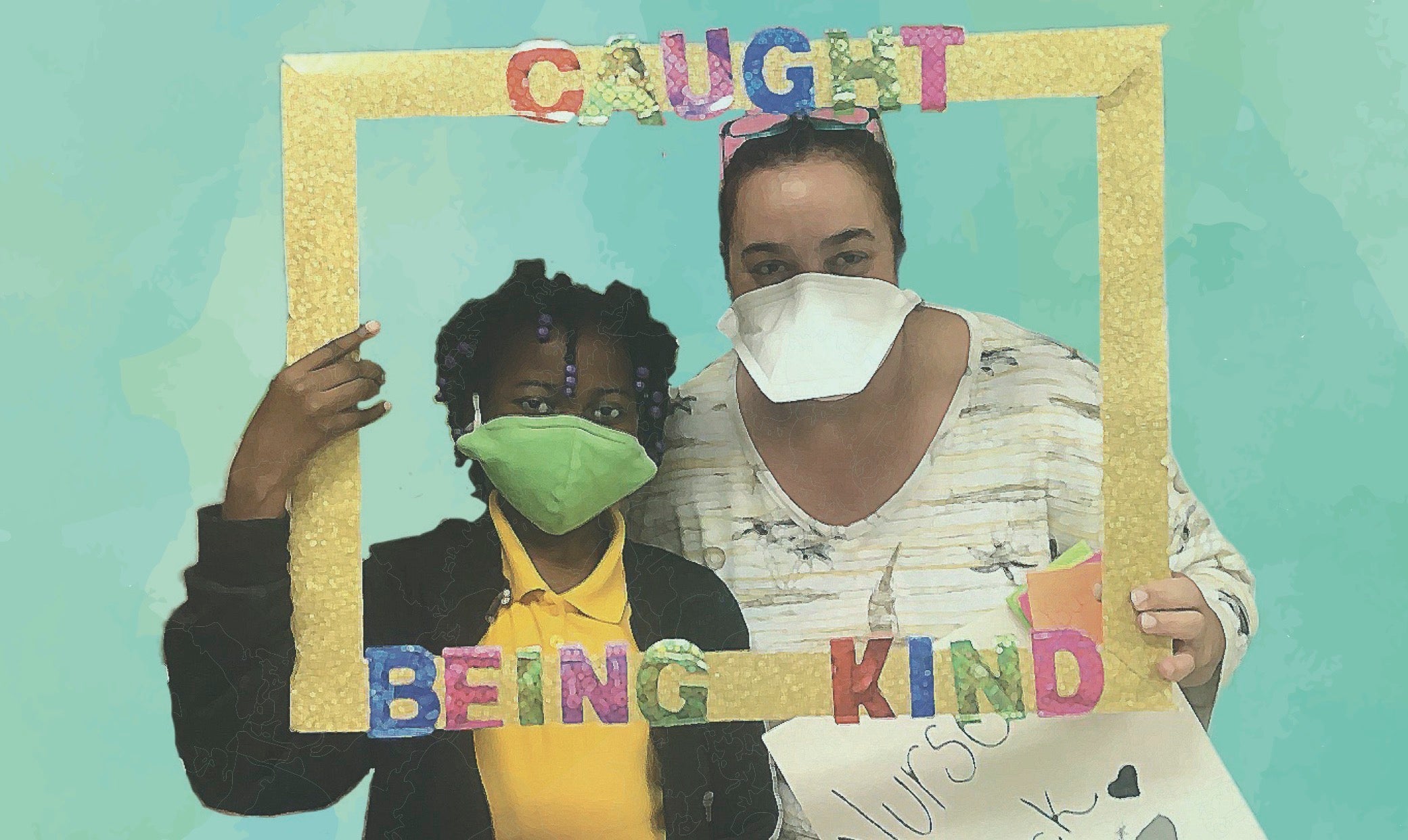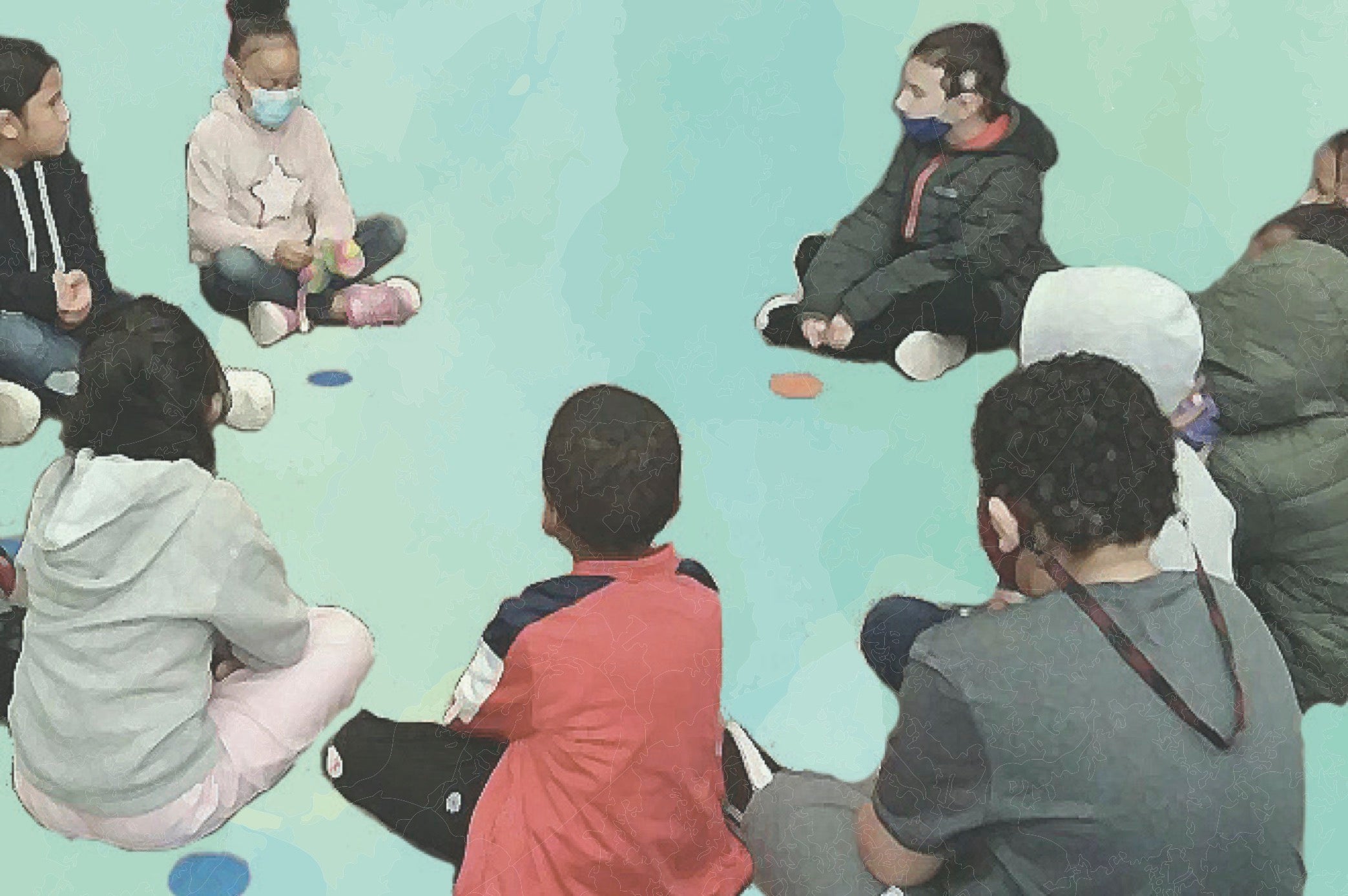Breadcrumb
- Wallace
- Reports
- Early Lessons From Schools And O...
Early Lessons from Schools and Out-of-School Time Programs Implementing Social and Emotional Learning
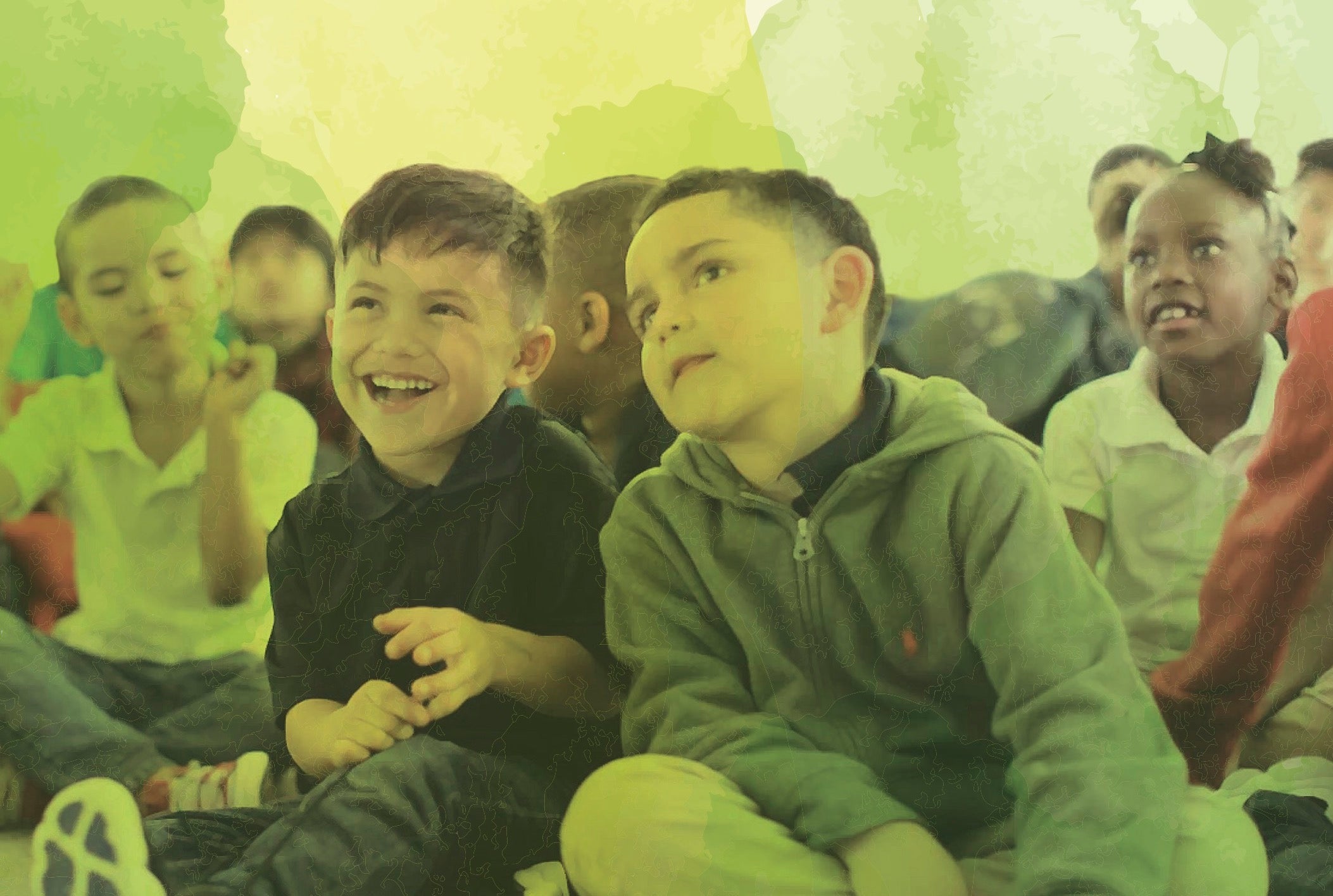
- Author(s)
- Heather L. Schwartz, Laura S. Hamilton, Susannah Faxon-Mills, Celia J. Gomez, Alice Huguet, Lisa H. Jaycox, Jennifer T. Leschitz, Andrea Prado Tuma, Katie Tosh, Anamarie A. Whitaker, and Stephani L. Wrabel
- Publisher(s)
- RAND Corporation
- DOI Link
- https://doi.org/10.7249/RRA379-1
Summary
How we did this
The report documents implementation in 38 sites that were actively working on social-emotional learning in schools and out-of-school-time programs as of spring 2019. The authors drew on the hundreds of staff interviews and documents and thousands of observations and staff surveys to identify the findings and lessons.
Schools and out-of-school time (OST) programs across the United States are increasingly prioritizing and implementing practices to support children’s social and emotional development. This report provides early implementation lessons from six communities about how to enact social and emotional learning (SEL) in elementary schools and in OST programs. These communities participated in a Wallace-funded initiative called the Partnerships for Social and Emotional Learning Initiative (PSELI). The six communities are Boston, Dallas, Denver, Palm Beach County in Florida, Tacoma, and Tulsa.
The research is designed to be useful to those carrying out SEL instruction in schools, out-of-school-time programs, or both.
Key Findings
- A community-wide definition of SEL, shared terminology, and guidance on what skills and practices to focus on were helpful to site leaders carrying out the work.
- A mutual commitment to SEL and making time for in-person meetings were important means of getting school-OST partnerships underway.
- The communities taking part in the effort viewed adult SEL skills, such as establishing and maintaining healthy relationships, as a foundation for students’ SEL skill building.
- SEL rituals and routines, such as warmly greeting students and closing with an opportunity to reflect on the day’s activities, were a good starting point for promoting a positive culture.
Although each community customized its approach, all sites participating in the initiative focused on four activities:
- Setting a positive climate. This refers to the features of a school or OST environment that youth and adults experience, including the physical space, culture, norms, goals, values, and practices
- Offering SEL-specific instruction to students
- Integrating SEL into academic instruction and enrichment activities
- Creating mutually reinforcing SEL practices across the school and OST program day.

SEL is important for brain development and for ensuring that children are ready to learn. Social and emotional competencies help promote youth readiness to succeed and thrive in their adult lives.
Key Takeaways
- Strengthening SEL skills in adults helped foster SEL skills in students.
- Although each community customized its approach, four common strategies were used: teaching SEL skills explicitly, integrating SEL into in-school and OST activities, creating an overall positive climate, and creating mutually reinforcing SEL practices across the school and OST program day.
- SEL-focused partnerships between schools and OST programs (and/or districts and OST intermediaries) faced substantial barriers, but there were strategies to help overcome them. These included committing to SEL, taking time to meet, and creating new roles and structures to support collaboration.
- Creating a shared vision was a vital early step in implementing SEL.
Visualizations
The Sequence of Implementation PSELI Communities Typically Followed
Materials & Downloads
What We Don't Know
Because this report focuses on only the halfway point of the first phase of PSELI, the lessons drawn are necessarily early ones that are expected to evolve and, in some instances, change. The authors expect that the findings and the pursuant lessons will change as the six communities’ SEL work deepens.
